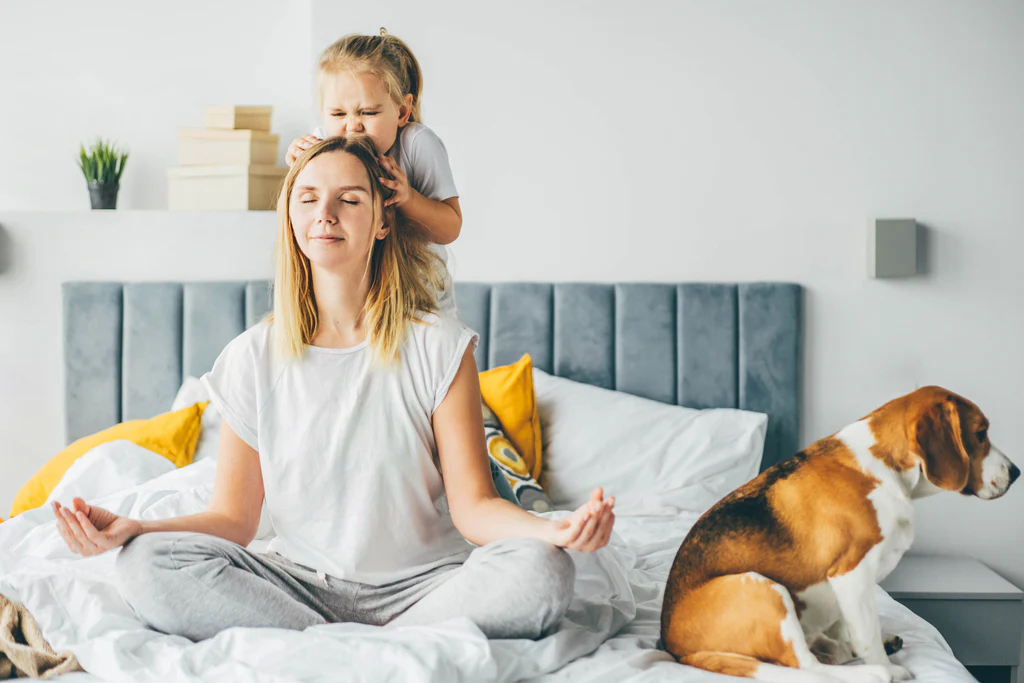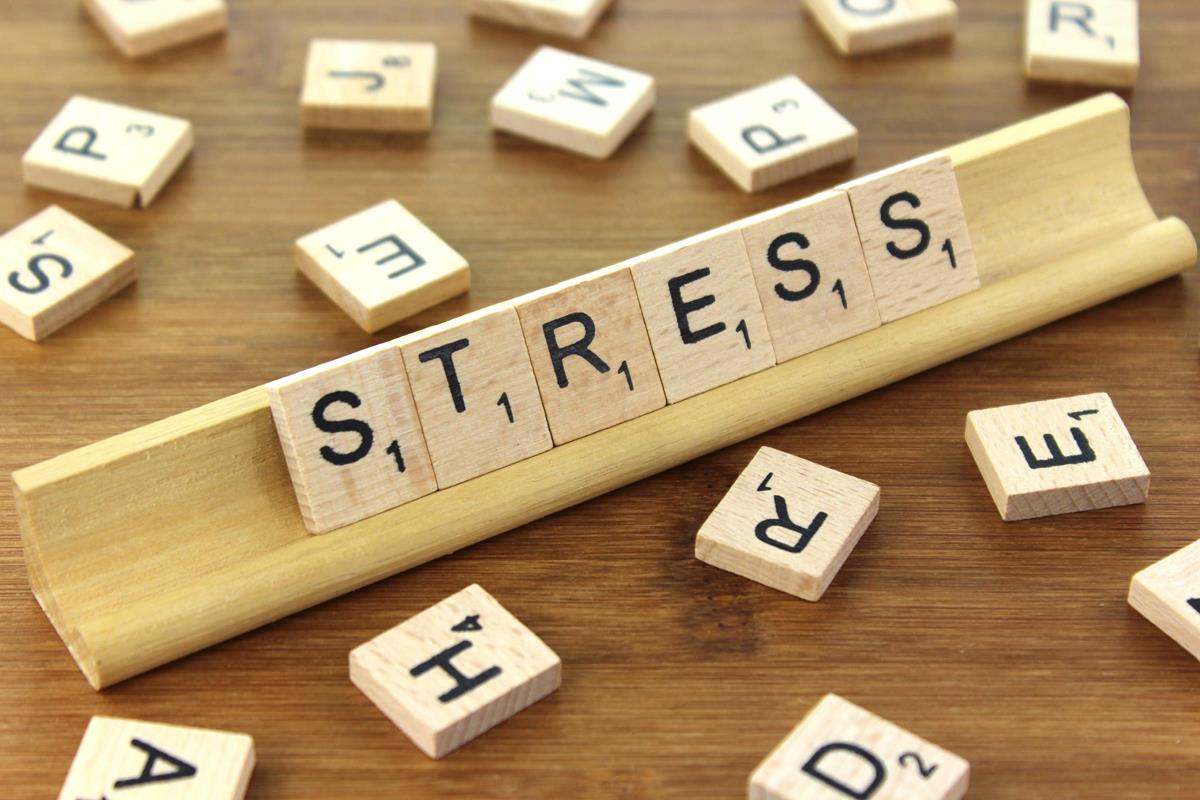
Easy Self-Care Routines for Mental Wellness
Taking care of your mental health is just as important as taking care of your physical body. In today’s fast-paced and often overwhelming world, many people overlook their emotional and mental well-being. However, creating and maintaining simple self-care routines can make a significant difference in how you feel daily. You don’t need expensive products, retreats, or complicated rituals. You just need small, meaningful habits that nourish your mind and heart.
In this article, we’ll explore easy self-care routines that you can start today to support your mental wellness, reduce stress, and help you feel more balanced. These tips are simple, practical, and can be adjusted to fit your lifestyle.
What Is Self-Care?
Self-care refers to the things you do regularly to take care of your physical, emotional, and mental well-being. It’s not selfish—it’s necessary. Self-care doesn’t always mean bubble baths or spa days (though those are nice too); it also means getting enough sleep, setting boundaries, and spending time with people who uplift you.
Mental self-care focuses specifically on keeping your mind clear, emotions stable, and your stress levels low.
10 Easy Self-Care Routines for Mental Wellness
1. Start Your Day with Mindfulness
Before grabbing your phone or jumping out of bed, take 5 minutes to be still. Close your eyes, take deep breaths, and gently set a positive intention for the day. Mindfulness can help calm anxiety and bring focus to your morning.
Example: “Today I will be kind to myself,” or “I will do my best, and that is enough.”
2. Keep a Simple Gratitude Journal
Writing down 3 things you’re thankful for every day shifts your focus from problems to blessings. Gratitude improves mood, reduces stress, and even enhances sleep.
Tip: Keep a notebook by your bed and jot things down in the morning or before sleep.
3. Get Moving—Even If It’s Just a Walk
Exercise doesn’t have to be intense. A 15–30 minute walk outdoors can boost your mood by releasing endorphins and reducing cortisol (the stress hormone).
Bonus: Sunlight provides vitamin D, which is essential for mental health.
4. Limit Social Media Time
Too much scrolling can lead to comparison, anxiety, and overwhelm. Set a daily screen time limit for social media or take breaks altogether when you feel mentally drained.
Try: Turning off notifications or using apps like “Digital Wellbeing” or “Forest.”
5. Create a Calm Corner at Home
Designate a peaceful spot in your room where you can unwind. Add a soft pillow, your favorite book, calming music, or even a small plant. Visit this space when you need to relax or reset emotionally.
6. Nourish Your Body with Healthy Food
Your brain is connected to your gut. Eating nourishing, balanced meals with fruits, vegetables, and healthy fats can improve mood and energy levels.
Avoid: Too much caffeine, sugar, and processed snacks which can increase anxiety.
7. Practice Saying “No”
Mental wellness improves when you stop overcommitting. Protect your energy by setting healthy boundaries. It’s okay to decline invitations or tasks that overwhelm you.
Remember: Saying no to others is sometimes saying yes to your well-being.
8. Connect with Someone You Trust
Talking to a friend, family member, or therapist can lift the emotional weight off your chest. You don’t have to go through tough times alone.
Even a 10-minute chat can improve your emotional state and reduce feelings of loneliness.
9. Read or Listen to Something Positive
Whether it’s a motivational podcast, a good book, or calming music, what you consume matters. Surround your mind with content that uplifts you.
Tip: Avoid watching distressing news first thing in the morning or late at night.
10. Make Time for Hobbies
Doing something you love, like painting, gardening, cooking, or playing music, brings joy and helps your brain relax. Even 20 minutes a week can help you feel more grounded and happy.
Why Self-Care Matters for Mental Health
Mental wellness affects how you think, feel, and handle stress. Without regular care, your emotional energy can run low, leading to burnout, anxiety, or even depression. Easy self-care routines help regulate your emotions, sharpen focus, and build emotional resilience over time.
Just like brushing your teeth is a daily habit for dental health, self-care should be a consistent routine for your mental health.
How to Build a Self-Care Routine That Works for You
- Start small: Pick 1 or 2 habits from this list to begin with.
- Be consistent: Make it part of your daily or weekly schedule.
- Be gentle with yourself: Some days will be easier than others. It’s okay.
- Customize it: Self-care is personal. Do what feels right for you.
Final Thoughts
Self-care doesn’t need to be complicated. Even the smallest habits, when done regularly, can make a huge impact on your mental wellness. Life can get busy and stressful, but prioritizing your emotional well-being helps you stay balanced and feel more in control.
You deserve peace, joy, and emotional clarity—and it starts with simple steps taken every day
Frequently Asked Questions (FAQs)
- What is the easiest self-care habit to start with for mental health?
Start with deep breathing or a gratitude journal. Both take less than five minutes and can quickly shift your mindset. - How often should I practice self-care routines?
Daily is ideal, but even a few times a week can help. The key is consistency, not perfection. - Can self-care replace therapy or medication?
No. While self-care supports mental wellness, it’s not a substitute for professional help. If you’re struggling, always seek guidance from a licensed therapist or doctor. - What if I don’t have time for self-care?
Self-care doesn’t have to take hours. Even a 2-minute breathing break or a short walk counts. It’s about being intentional, not perfect. - Is it selfish to prioritize my mental health?
Not at all. Taking care of your mental health helps you show up better for yourself and others. You can’t pour from an empty cup.
Sign up with your email and always get notifed of zerodevicesnet Lifestyles latest news!






